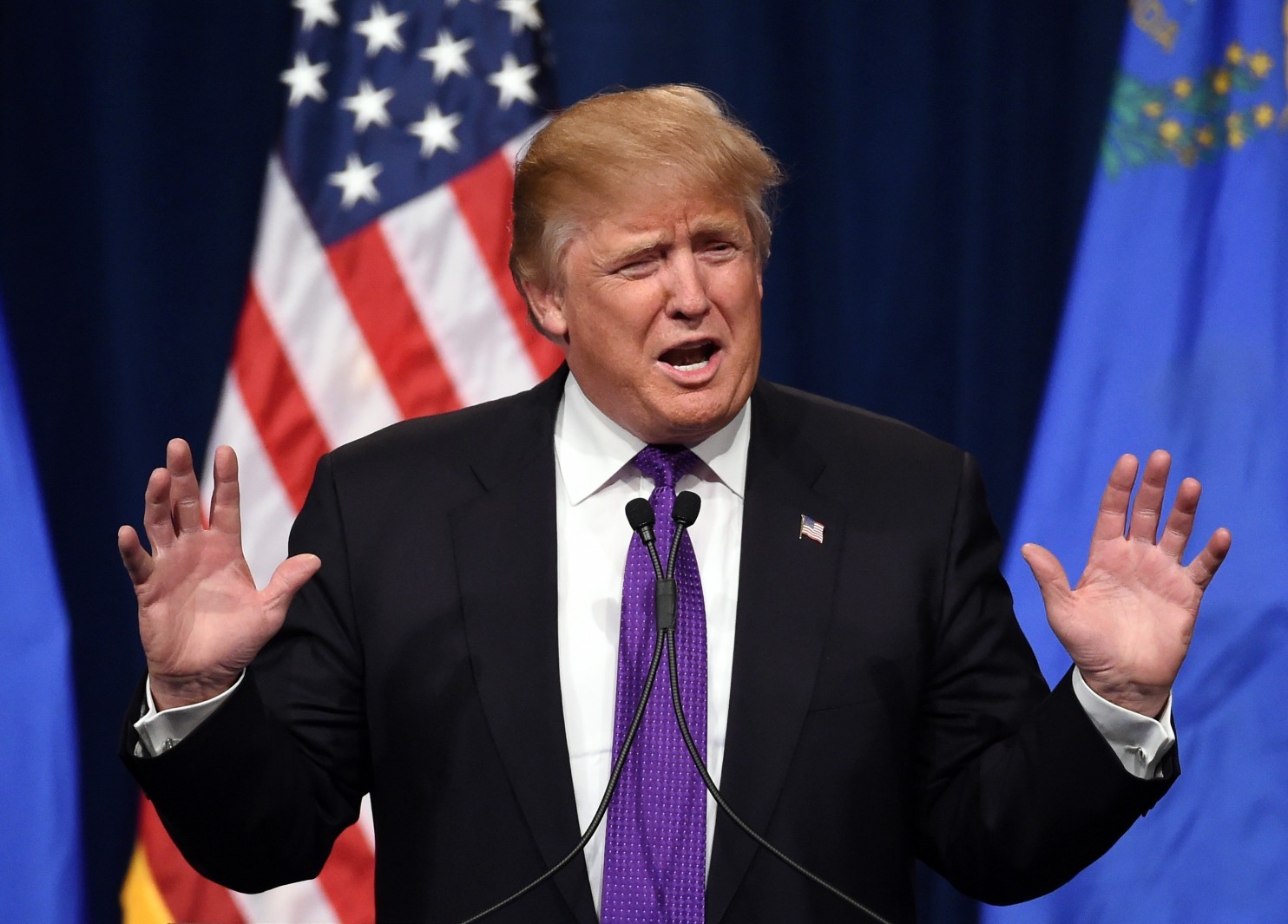
THE UNTHINKABLE is starting to look like the inevitable: Absent an extraordinary effort from people who understand the menace he represents, Donald Trump is likely to be the presidential nominee of the Republican Party. At this stage, even an extraordinary effort might fall short. But history will not look kindly on GOP leaders who fail to do everything in their power to prevent a bullying demagogue from becoming their standard-bearer.
A few days ago we criticized Republican National Committee Chairman Reince Priebus for his assertion that a Trump victory in November would silence the doubters. “Winning is the antidote to a lot of things,” Mr. Priebus had said. We argued that winning would not erase the bigotry and ugliness of Mr. Trump’s campaign, nor remove the dangers of a Trump presidency. On Wednesday, the GOP chairman, perhaps wanting to show that he can match Mr. Trump in eloquence, responded: “That is the stupidest editorial that I have ever seen.”
So it falls to other leaders to decide if their party will stand for anything other than winning. A political party, after all, isn’t meant to be merely a collection of consultants, lobbyists and functionaries angling for jobs. It is supposed to have principles: in the Republican case, at least as we have always understood it, to include a commitment to efficient government, free markets and open debate.
Now it is faced with a front-runner who, in the interval between the two Priebus comments cited above, said of a protester, “I’d like to punch him in the face.” This is a front-runner with no credible agenda and no suitable experience. He wants the United States to commit war crimes, including torture and the murder of innocent relatives of suspected terrorists. He admires Russian dictator Vladimir Putin and sees no difference between Mr. Putin’s victims and people killed in the defense of the United States. He would round up and deport 11 million people, a forced movement on a scale not attempted since Stalin or perhaps Pol Pot. He has, during the course of his campaign, denigrated women, Jews, Muslims, Mexicans, people with disabilities and many more. He routinely trades in wild falsehoods and doubles down when his lies are exposed.
Certainly there are Republican leaders who understand all this: people such as House Speaker Paul D. Ryan (Wis.); former president George W. Bush and former presidential nominees Bob Dole, John McCain and Mitt Romney; and governors, senators and community leaders across the country. Some have spoken up over the course of Mr. Trump’s campaign, and then stepped back; others have been silent. The silence may reflect an absence of courage and also an element of calculation: There was an assumption that Mr. Trump would fade, and that confronting him would only make him stronger.
The calculations have proved wrong. If Mr. Trump is to be stopped, now is the time for leaders of conscience to say they will not and cannot support him and to do what they can to stop him. We understand that Mr. Trump would seek to use this to his benefit, and that he might succeed. But what is the choice? Is the Republican Party truly not going to resist its own debasement?


